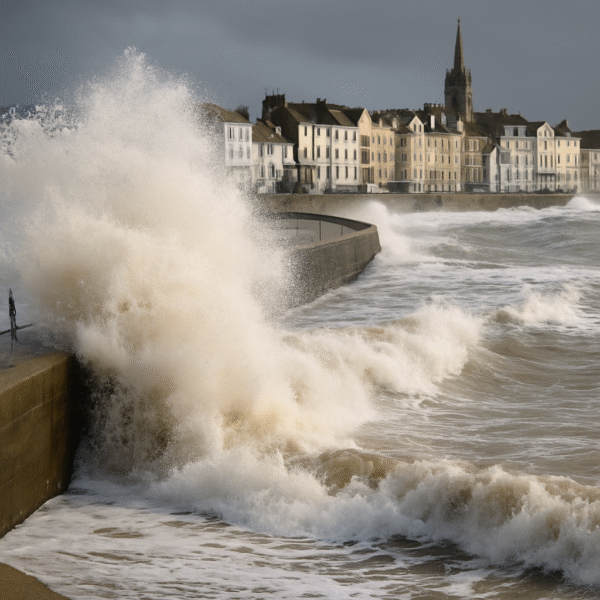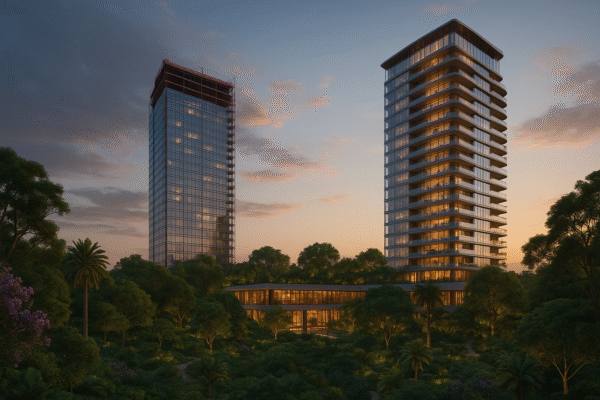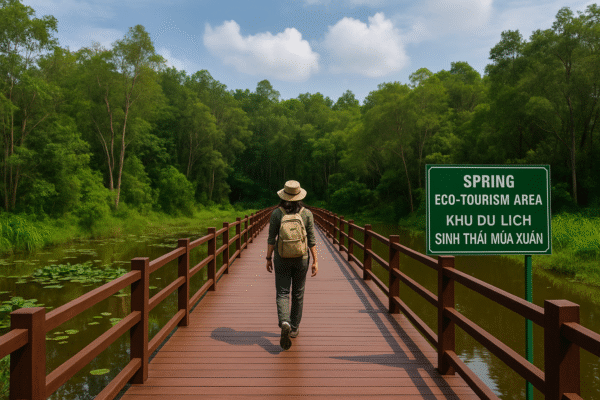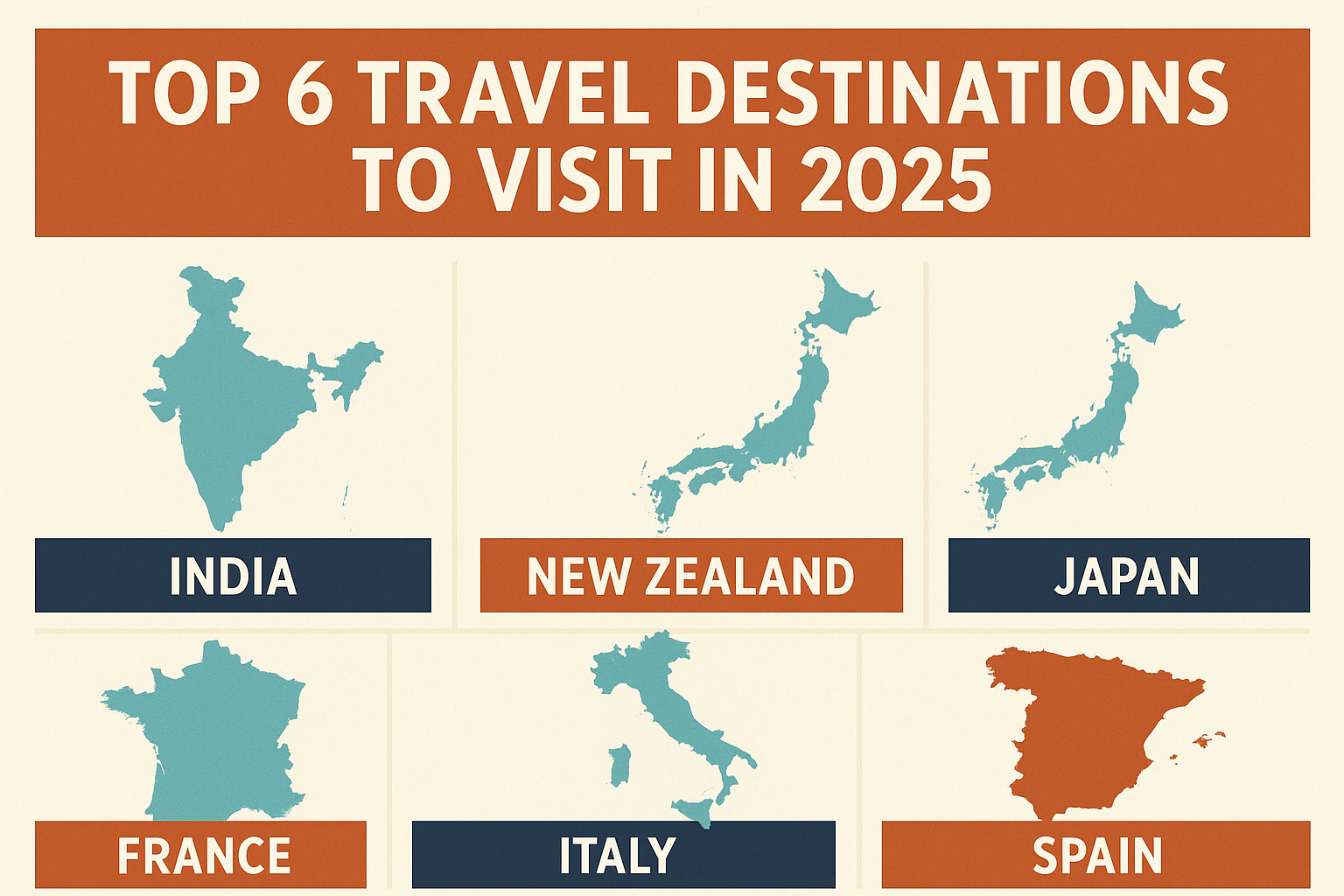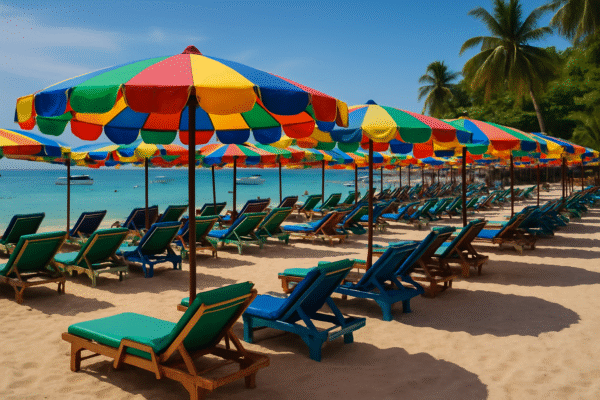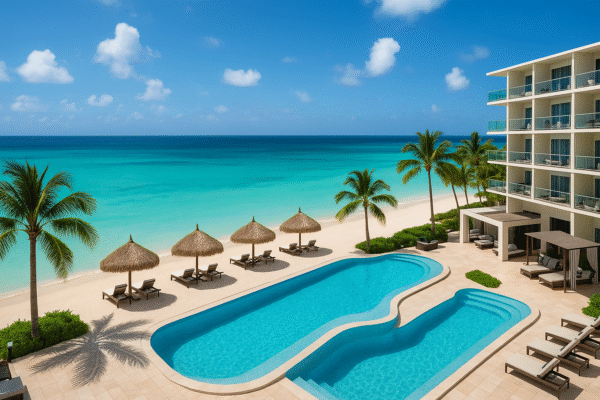Vietnam’s Spring Eco-Tourism Area in Can Tho Sets Global Standard for Eco-Adventure Travel
In the heart of Vietnam’s Mekong Delta, Can Tho’s Spring Eco-Tourism Area has emerged as a standout model for sustainable tourism, offering visitors an immersive experience where environmental conservation and adventure go hand in hand. Nestled in the lush landscape of Can Tho, this 130-hectare destination is not just a travel hotspot—it’s a pioneering effort in biodiversity protection, eco-education, and community-driven development.
A Vision Rooted in Sustainability
The Spring Eco-Tourism Area was established in 2017 by the Spring Agriculture Joint Stock Company, transforming dense forestland into a thriving ecological sanctuary. From the very beginning, the initiative was guided by a commitment to environmental stewardship, sustainable land use, and the promotion of eco-conscious tourism models.
This green transformation aligns with Can Tho’s broader vision following its recent administrative expansion, which now spans 6,300 square kilometers with a population of over 4 million across 103 communes and wards. As the region develops, destinations like the Spring Eco-Tourism Area exemplify how nature-based tourism can help drive growth without compromising environmental values.
A Biodiverse Paradise
Visitors to the Spring Eco-Tourism Area are greeted with verdant forests, tranquil streams, and a vibrant tapestry of flora and fauna native to the Mekong Delta. Birdwatchers and wildlife enthusiasts will especially appreciate the haven provided for rare species such as herons, storks, egrets, and the endangered snake-necked bird—nearly 30 of which currently reside in the sanctuary.
Unlike many modern resorts that rely on concrete infrastructure, the Spring Eco-Tourism Area is constructed to blend seamlessly into the environment. Natural materials, open green spaces, and minimal impact designs are used to ensure the local ecology remains undisturbed.
Adventure Meets Conservation
The eco-tourism park is not merely a passive retreat; it actively engages visitors in a wide array of eco-friendly adventures. Guests can explore guided hiking trails, participate in community-based conservation projects, and even join local farmers to learn about sustainable agriculture. Whether it’s trekking through shaded canopies or birdwatching at dawn, the experience offers a deep connection to nature.
Cultural experiences are also integrated into the visitor journey. Local culinary tastings, traditional crafts, and eco-workshops provide insight into the daily lives of communities who are at the forefront of Vietnam’s sustainable tourism movement.
A Living Classroom for Environmental Education
As Vietnam prioritizes green growth in its tourism strategy—as highlighted in national policies from the Ministry of Culture, Sports and Tourism—the Spring Eco-Tourism Area serves a dual role as an environmental education hub. Educational programs cater to students, families, and curious travelers alike, emphasizing the importance of biodiversity, ecosystem health, and the impacts of human activity.
Younger generations are introduced to conservation ethics through interactive exhibits and nature walks, encouraging a lifelong commitment to environmental protection. This educational component not only elevates the visitor experience but also strengthens public engagement in sustainability goals.
Boosting Local Economies Through Green Tourism
The development of the Spring Eco-Tourism Area has had a positive ripple effect on the surrounding communities. Job creation in eco-tourism, hospitality, and conservation sectors has improved local livelihoods while reinforcing cultural pride. Furthermore, local artisans and farmers benefit from increased tourism-driven demand for regional goods and services.
Can Tho authorities are also considering plans to enhance infrastructure connecting the area to nearby tourism zones such as Ninh Kieu Wharf, Bang Lang Stork Sanctuary, and Cai Rang Floating Market. These linkages aim to form a comprehensive eco-tourism corridor that promotes longer stays and higher traveler engagement across the delta.
Challenges and the Road Ahead
Despite its success, the Spring Eco-Tourism Area faces ongoing challenges. Infrastructure needs improvement to manage increasing visitor numbers while ensuring minimal ecological disruption. There is also a need for continuous investment in conservation training, waste management systems, and anti-deforestation measures to safeguard the area’s ecological integrity.
Regulatory frameworks will need to adapt as eco-tourism expands. According to Vietnam’s National Tourism Administration, strategic partnerships between local government, private sector investors, and conservation NGOs will be crucial to maintain the delicate balance between accessibility and preservation.
A Global Template for Eco-Tourism
As destinations around the world grapple with the dual pressures of overtourism and environmental degradation, Vietnam’s Spring Eco-Tourism Area provides a replicable model for sustainable travel. By harmonizing local empowerment, environmental stewardship, and experiential tourism, it charts a forward-thinking path for other regions to follow.
Whether you’re an eco-adventurer, a wildlife photographer, or a traveler seeking meaningful, responsible experiences, Can Tho’s Spring Eco-Tourism Area offers more than scenic views—it offers hope for a greener, more sustainable future.
For more travel news like this, keep reading Global Travel Wire





